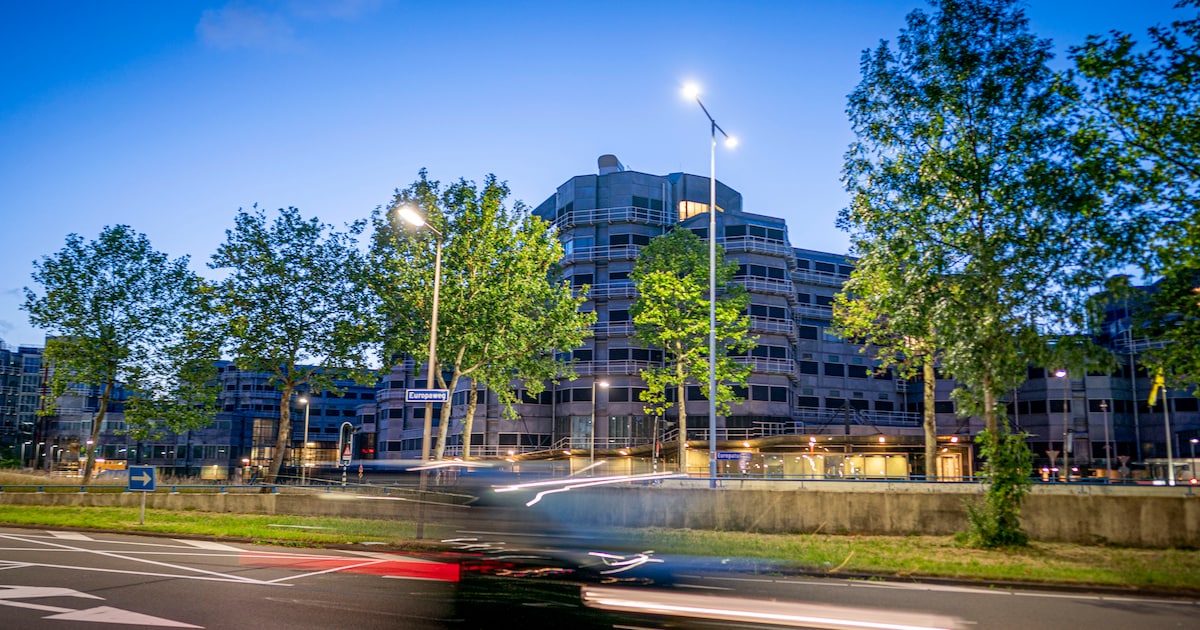
The AIVD recruited journalists of different nationalities, working in the Netherlands and abroad. The MIVD only hired foreign journalists deployed outside the Netherlands. This follows from an investigation carried out by the CTIVD supervisory authority.
The regulator launched the investigation following a publication in NRC in 2022 on the systematic targeting of journalists by the AIVD and MIVD, especially in conflict zones such as the Middle East. For journalists, requests from secret services or contact themselves can be problematic and dangerous. The AIVD approached the creator of the BNNVara Sinan Can programme, who worked in Syria, Iraq and Afghanistan. He declined an interview but called NRC Recruiting journalists is “bad.”
About the Author
Huib Modderkolk is an investigative journalist fromby Volkskrantspecializing in cybersecurity and intelligence services. He wrote the book Here’s what you really don’t want to know: about the unimaginable world behind your screen.
Subversion
Thomas Bruning, general secretary of the Dutch Association of Journalists (NVJ), considers the use of journalists by the secret services “very bad.” Bruning: “I am ashamed of the journalists who participate in this.” He also believes it is wrong for services to actively seek out agents within a profession that relies on independence. “By doing so, you deliberately undermine the credibility of our profession.”
According to the CTIVD, there is “no reason” to assume that the deployment of journalists was involuntary. The secret services also do not pressure journalists. However, the committee has noted a series of negligence on the part of the secret services that pose a risk to journalists.
For example, when addressing journalists, the AIVD rarely takes into account the social position of the media. The intelligence service also fails to weigh up the risks that cooperation with the AIVD may entail.
Covert contact with a secret service also carries additional risks for a journalist’s sources, especially in Middle Eastern countries. In some cases, journalists were unaware at the time of initial contact that it was the AIVD.
Serious deficiencies
There were serious deficiencies in the MIVD. For example, operational reports were sometimes missing, which meant that considerations were not made for the safety and well-being of deployed journalists. The CTIVD: “Due to the absence of operation reports for a longer period, it is not clear whether the MIVD has fully discharged its duty of care towards the agents involved in the relevant operations.” The committee describes this action by the MIVD as “illegal.”
The use of journalists by the secret services is not new, but it is extremely controversial. Reported in 2012 The Telegraph about sports journalists who had collected information for the IAVD during the 2008 Olympic Games in China.
A journalist can be useful to an intelligence service, especially in countries where it is difficult to build a network of sources. Journalists have also been involved in the past. by Volkskrant They came forward, including the former Indonesia correspondent Michel Maas. He later wrote in a column about the request of a secret agent: “I listened to him and made it clear to him that if I heard something interesting, I usually published it in the newspaper.” I was a journalist, not an informant: those two things simply do not go together.
From Volkskrant Its policy is that such requests from the service for individual journalists must be reported to the editor-in-chief. Pieter Klok, editor-in-chief: ‘Of course, we never take part in this. It is an absolute journalistic sin to do business with the service.’